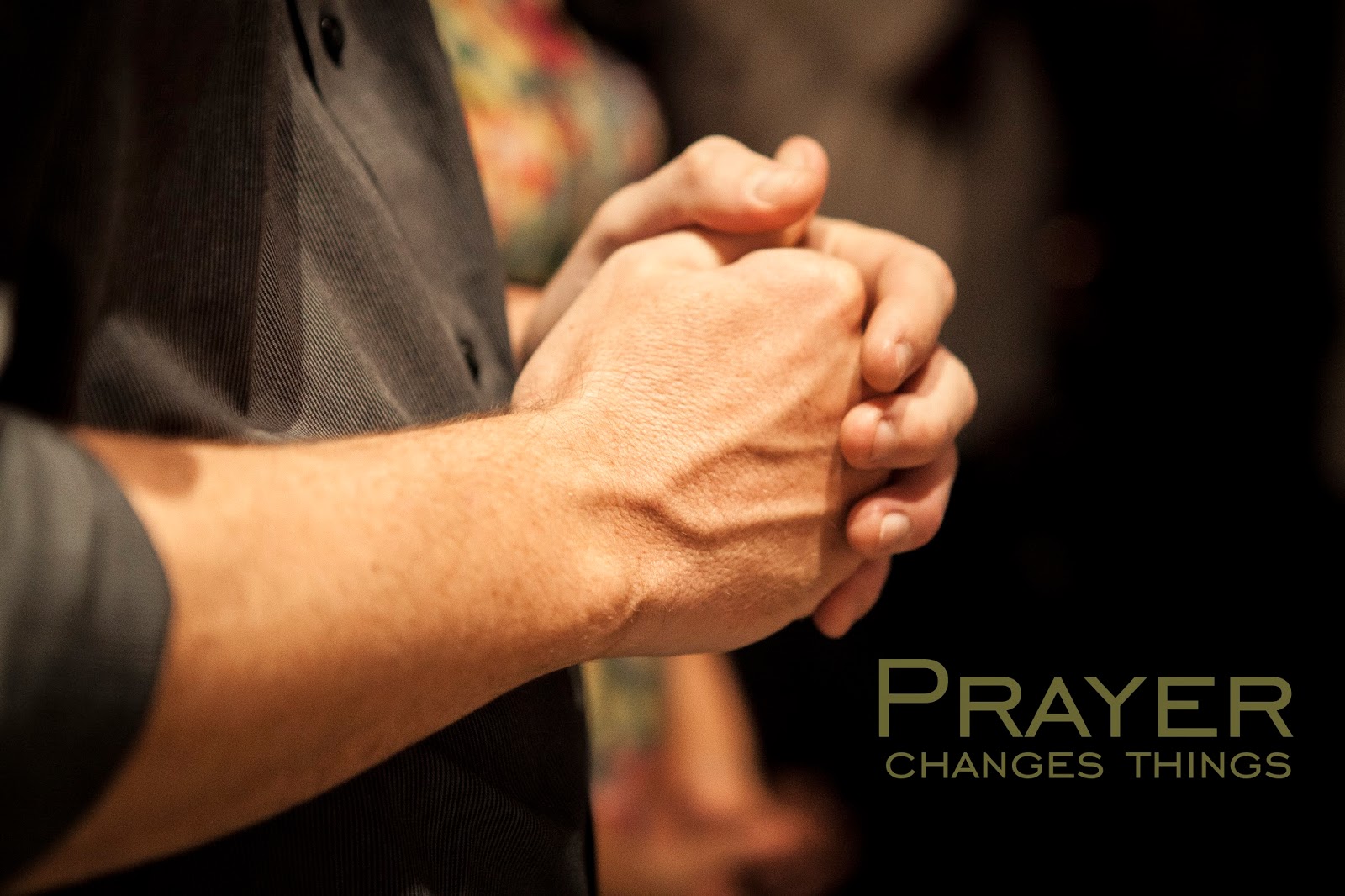Have you ever made a decision that you lived to regret? If you are like me, I am sure they are numerous. Fortunately for me (and for you) God is a God of grace and forgiveness. But, that doesn't mean we won't experience the consequences that were set in motion by the decision we made. This is the lesson we can learn as we turn our attention to God's message for His people through Samuel, as we study this week's Explore the Bible study: Turning Back to God. By the way, this is my personal title for the session which LifeWay has entitled, Fear.
Along with tweaking the title of the session I have also tweaked the focus or TARGET:
As you present this session, be sure to keep in mind that, even if we have made very big and very bad decisions it does not mean that our relationship with God is forever ruined. God forgives, and the clearest picture of His heart of forgiveness is seen in the crucifixion of His Son, Jesus Christ. What God wants both before and after our bad decisions is that we fear and serve, obey, and remain faithful to Him and His commands. I am sure there are those in your group, perhaps even you, who will need to hear God's message through Samuel.
The Israelites made a bad decision that changed their nation forever. Nevertheless, God’s marching orders for them—that they keep the Sinai Covenant—remained the same. No matter what we have done, God’s marching orders for us remain unchanged: that we should believe and obey the gospel of Jesus Christ.
LOOK UP: Getting Focused on the Text
Video Option
Discussion options
1 Samuel 12:12-15
Along with tweaking the title of the session I have also tweaked the focus or TARGET:
While we will face consequences for the wrong choices we make,
God still offers forgiveness and grace to those who turn back to Him.
As you present this session, be sure to keep in mind that, even if we have made very big and very bad decisions it does not mean that our relationship with God is forever ruined. God forgives, and the clearest picture of His heart of forgiveness is seen in the crucifixion of His Son, Jesus Christ. What God wants both before and after our bad decisions is that we fear and serve, obey, and remain faithful to Him and His commands. I am sure there are those in your group, perhaps even you, who will need to hear God's message through Samuel.
The Israelites made a bad decision that changed their nation forever. Nevertheless, God’s marching orders for them—that they keep the Sinai Covenant—remained the same. No matter what we have done, God’s marching orders for us remain unchanged: that we should believe and obey the gospel of Jesus Christ.
Teaching helps you might consider using
LOOK UP: Getting Focused on the Text
Video Option
Discussion options
- Are you a rule follower or a rule breaker?
- When someone tells you “no,” how do you respond?
- Have there ever been any consequences to your decisions?
- Do you believe people today expect there to be consequences for the decisions they make?
1 Samuel 12:12-15
- Identify (List on a markerboard): What were the directives for true repentance? (Fear the Lord, Serve Him; Obey Him; Don’t rebel against His commands; Follow the Lord.)
- Which of these are most difficult to fulfill? Why?
- What does it mean to fear the Lord? (Refer to Exodus 20:20 and Proverbs 1:7; 2:5 for insight.) What does fearing the Lord look like on a daily basis?
- What does it mean to serve the Lord? What does it look like on a daily basis?
- What does it mean to obey the Lord? What does it look like on a daily basis?
- What does it mean to not rebel against His commands? What does it look like on a daily basis?
- How does obeying these directives show trust in God?
- Were the people any less accountable for their actions before God since they had a king? Was the king equally accountable?
- How would you describe their relationship with God now that they had a king?
- Is there ever a time in our lives when we are less accountable to God for choices than those in whom we place our trust?
- Can you identify ways in which God has worked in your life, even in times when you have failed to follow Him?
- How did God demonstrate His power to them.
- Why are people more likely to recognize God’s power after a significant weather event?
- How do these types of “acts of God” cause us to revere Him?
- What did the Israelites finally confess as sin? (Asking for a king)
- What was Samuel’s response to their confession? (Do not be afraid) How is this type of fear Samuel mentions different from “fearing God” mentioned earlier?
- Why would God not reject them based on verse 22? (For the sake of His name and because they were His own people.) What New Testament verses speak to this regarding a believer's relationship to God? (i.e. John 10:25-29; Hebrews 13:5; 1 John 3:1; John 1:12-13; etc.)
- How could you describe the balance between God’s judgment and God’s grace based on these passages? Can we see both working simultaneously in believers' lives?
- Are there sins in your life that have come between you and God? If so, you can ask God to forgive and empower you to live a life from this point on that honors Him.
- Have you ever placed your trust in Christ? If not, talk with me, someone in the group, or to one of our pastors.
- How would knowing someone would be willing to help you and speak as frankly to you as Samuel did, impact your commitment to the Lord?
- Do you know of someone who needs this type of help?
- Do you have someone you can talk with who could help you? If not, consider approaching someone in your group or in the church for help.
DOWNLOAD COMPLETE TEACHING PLAN










